Taking a plastic cap off that is stuck on your tire valve can often be difficult to manage, as they can get stuck for various reasons.
Therefore, how do you remove a plastic cap from a tire valve? If you’d like to find out, continue reading to see what I learned!
Plastic caps on tire valves get stuck because of the cold, brake dust, and road grime that gets stuck under the cap, or due to rust forming in the treads that the cap screws on to. Therefore, in order to remove the cap, drivers can use WD40 to help loosen it.
If you’d like to learn more about how to remove a valve cap, if you can drive without a valve cap and other similar topics, keep reading for more useful information!
Valve stem caps are used to protect the valve stem and as well as how it looks.
You won’t have to worry about air escaping from the cap being off, but you would have to worry about air entering the valve stem if it’s packed with dirt, road grime, brake dust, or ice.
Valve stem caps that are green are to indicate that the last time the vehicle’s tires had a fill-up they were filled up with nitrogen.
Note that there is no real test that you can use to find out whether the tires contain nitrogen, as both compounds are odorless and colorless.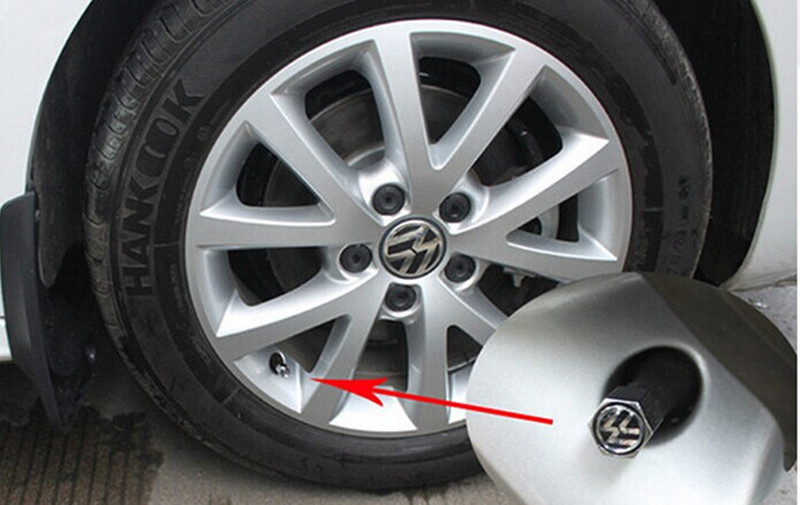
If you drive without a valve cap, you could have some slow air leakage, but it likely wouldn’t be anything worth worrying about.
In fact, you could drive for years without valve caps and not see any initial tire pressure loss.
You can replace a valve even if you’re not a mechanic, as it’s not terribly complicated. You can purchase valves at the auto parts store for around $10, while having a tire shop do it for you could cost up to $30.00.
For the most part, all valve stems used to be the same until the introduction of the Tire Pressure Monitoring System (TPMS).
Therefore, you have to be careful when you go to the auto parts store and purchase a valve stem for your vehicle, and make sure you know if you have a TPMS on your car or not.
Plastic valve stem caps can get stuck, but not very often.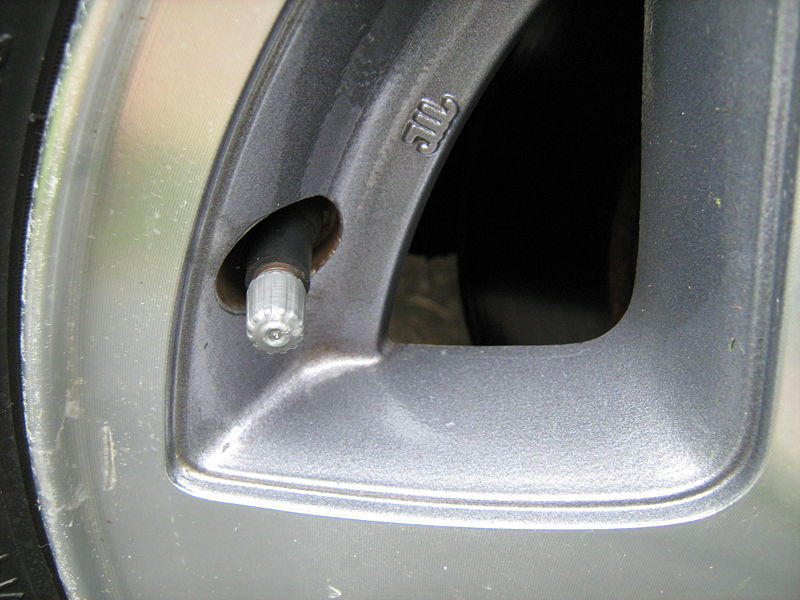 Metal and aluminum caps are too easy to over-tighten, making them extremely hard to twist off.
Metal and aluminum caps are too easy to over-tighten, making them extremely hard to twist off.
As well, the valve stem is not the strongest part in the world and can’t handle that much torque, meaning they will easily spring a leak when torqued down on.
You can find out if your valve stem is leaking by taking some soapy water and applying it on and around your valve stem. If you start seeing bubbles, then you know you have a leaky valve stem.
To know more, you can also see our posts on what is a tire valve, air leaking from the valve stem base, broken belt in tire, and if you can drive without a tire valve cap.
Having a plastic cap stuck on your tire’s valve isn’t a large concern, but will take some work to get the plastic cap off without destroying it or the valve. Nevertheless, drivers can remove the cap using pliers and WD40.
Ask Question
Asked
Modified 3 years, 7 months ago
Viewed 84k times
I put metal valve caps on my tires a year or so ago, because I'm an idiot. When I went to add some air to my tires one day, I found that the caps were seized up. Now I am unable to get them off. This is a sensitive part, so I can't just muscle them off.
When I went to add some air to my tires one day, I found that the caps were seized up. Now I am unable to get them off. This is a sensitive part, so I can't just muscle them off.
I have tried:
Liquid wrench.
Holding the stem with pliers and turning the cap with another pair of pliers. I used as much pressure as I was comfortable with and no joy.
I'm out of ideas, because brute force methods will lead to much bigger problems.
Any ideas of how I can get these off without causing further damage?
Edit:
These are rubber stems, and luckily they don't have a pressure sensor (i hear that makes them extra fragile)
now I know why valve caps are plastic
4
Fellow idiot here.
Penetrants won't work. Get a hacksaw with a very fine metal blade and saw away. Use a screw driver to pry open both sides when you have enough clearance.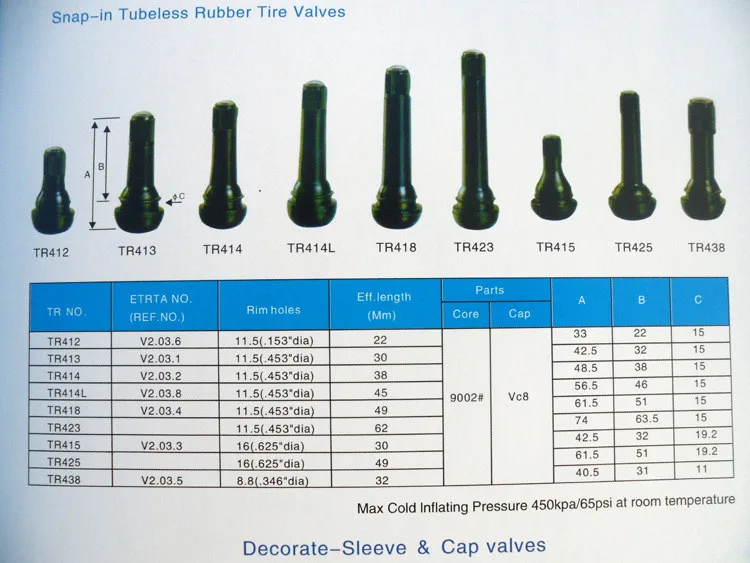 You need to cut the top and one of the sides.
You need to cut the top and one of the sides.
1
Given that it sounds like they have rusted to the valve stems, you could try soaking the threads and the whole area with PB Blaster specifically. I have seen it work really well, and could be better than Liquid Wrench. Although that does work well too. And when I say soak I mean overnight. It's not like you can use heat to loosen them up, you'll melt the valve stem.
If they still won't come lose, you can always take it to a tire shop and replace the valve stems with nice plastic caps.
Trust me, if this is the worst thing you ever do to your car, you're doing just fine. Lesson learned, we've all done worse I have no doubt.
1
If using some sort of penetrant doesn't help loosen up the caps, you can cut them down the side with a Dremel tool.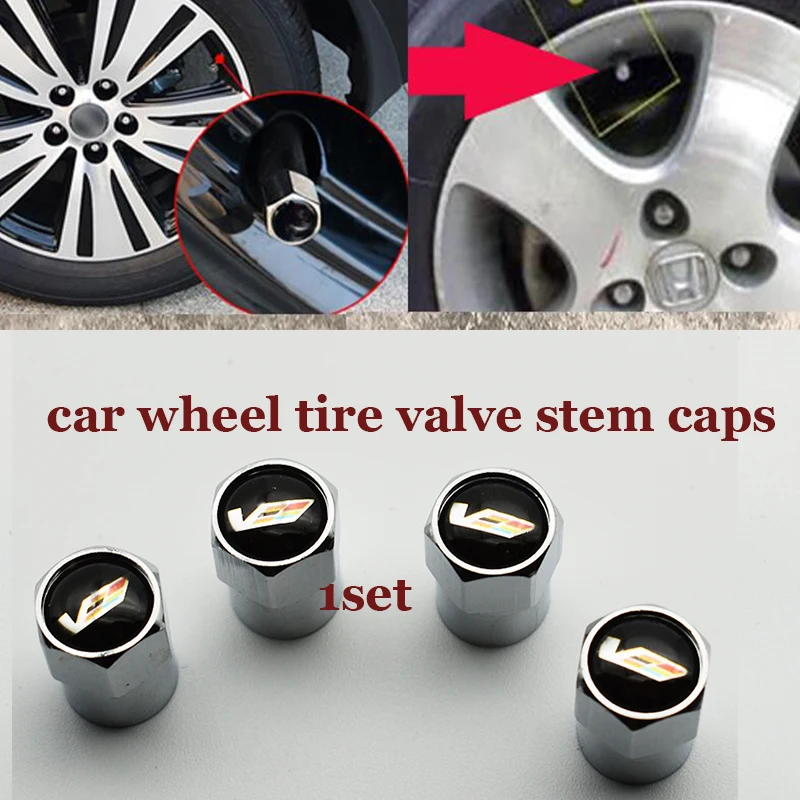 You will mess up the threads on the valve stem a little, but they will replace the stems when you get new tires anyway, so its not a big deal.
You will mess up the threads on the valve stem a little, but they will replace the stems when you get new tires anyway, so its not a big deal.
I would cut down one side, being careful not to go too deep, then try to pry the cap open by twisting a flathead screwdriver in the new channel that you just cut. The cap should be brass or aluminum, so it will cut quick and easy. Note that the valve stem is also brass and will cut easily, so be careful and don't try this if it's your first foray into dremeling.
3
Drill a hole in the top of the cap and squirt your favorite rust eater in there, this way you can soak it from both sides of the thread.
Also some gentle heat will draw the lube into the threads.
I'd combine the answers from @Jphi1618 and @Jsn - use a Dremel or similar to cut almost all the way through - up one side, across the top and back down the other side. You can then use a screwdriver or a nut splitter to split the cap in half - hopefully without having to cut far enough to ruin the threads on the stem.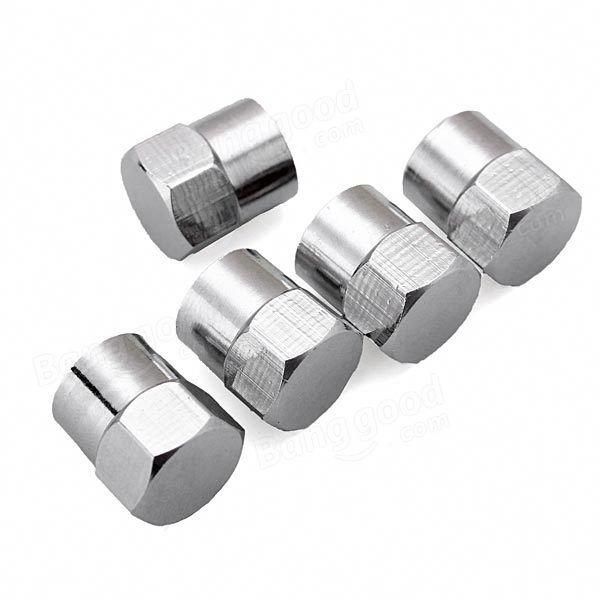
Some damage to the threads will be fine, and most of the time you don't really need caps anyway, unless you're driving through mud or in a really dusty environment...
Use a dremel to grind off the top of the cap but do not go to deep and hit the threads on the valve stem. Then use a fine hacksaw blade ( just use the blade only and hold with your hands ) to make a cut from top to bottom of the cap . Do not go to deep and cut the thread on the valve stem. Then use a small flat screwdriver to pry cap apart it is just soft metal.
It's actually quite easy . Once you realize never to use those aluminium caps ever again. All I did was use a pair of vice grips to hold the valve stem in place. Wear a pair of gloves and then use your shortie hacksaw hand-held blade to slowly get it started. On the flat end piece. Cut a groove for a flathead screw driver. Then cut carefully down the side of cap to lightly expose and only until you see the thread of the valve copper. Then simply keep vice grip in place to allow yourself to use flat head to break the corrosion bead. And your good.
And your good.
I used a Dremel on 1 of them, it took only 2 minutes to cut it just enough on top and on 1 side for it to crack. As somebody else mentioned, don't cut it deep and you will not damage the valve. I wasted $40 each on the other 2 tires where the the valve had to be replaced. I feel so stupid.
1
90,000 automobile spool How to independently replaceGo to the content of
SEARCH for:
Home »Disks
Disks
Author Vitaly Sitivin Auto Mech Published
9000 9000 The problem of a flat tire at the most inopportune time is familiar not only to motorists, but also to motorcyclists and cyclists. This does not always happen due to a puncture, a cut in a tire or a disc defect, often the spool on the wheel is to blame. If it is faulty, the tire gradually loses internal pressure and regular pumping does not help to keep it normal all the time.
This does not always happen due to a puncture, a cut in a tire or a disc defect, often the spool on the wheel is to blame. If it is faulty, the tire gradually loses internal pressure and regular pumping does not help to keep it normal all the time.
A wheel spool (also known as a nipple) is a mini device whose function is similar to that of a check valve. With its help, due to the displacement of the movable element, air can be pumped into the chamber or tire - or, if necessary, lowered. After the valve returns to its original position, it becomes an obstacle for air to escape. If the spool is in good condition, it holds air as reliably as a tap on a water pipe. You can buy a spool, as well as other auto parts, in online stores. nine0003
There are three types of spools:
Tube spool
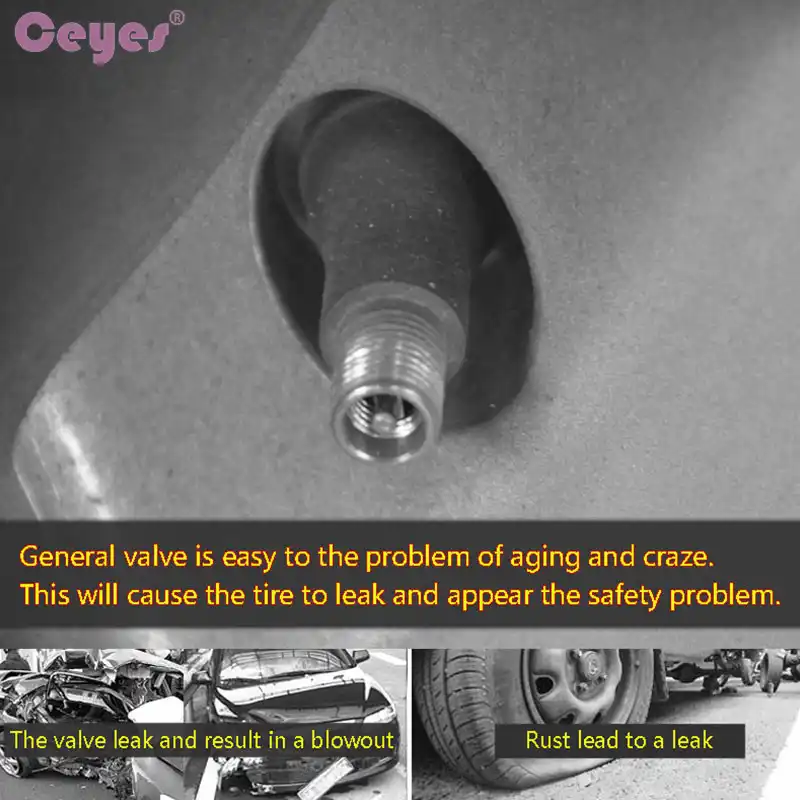 It is part of the valve, consisting of a body, inside of which it is laid, and a cap. That is, the spool is a complete element of the valve, which is sold as an assembly.
It is part of the valve, consisting of a body, inside of which it is laid, and a cap. That is, the spool is a complete element of the valve, which is sold as an assembly. Tubeless valve
Reinforced spool valve
The automotive valve spool is constantly subjected to stress, and therefore wears out. Like any other part of the car, and even more so, the wheels, it gets old and becomes unusable. In the chambers, only the spool changes; on a tubeless tire, the valve changes completely. nine0003
When the air supply is finished, the spool valve closes automatically, preventing air from escaping. If it is worn out or has a manufacturing defect, the air is not retained in the tire and, due to the loose fit of the valve to the inlet, it gradually “poisons”.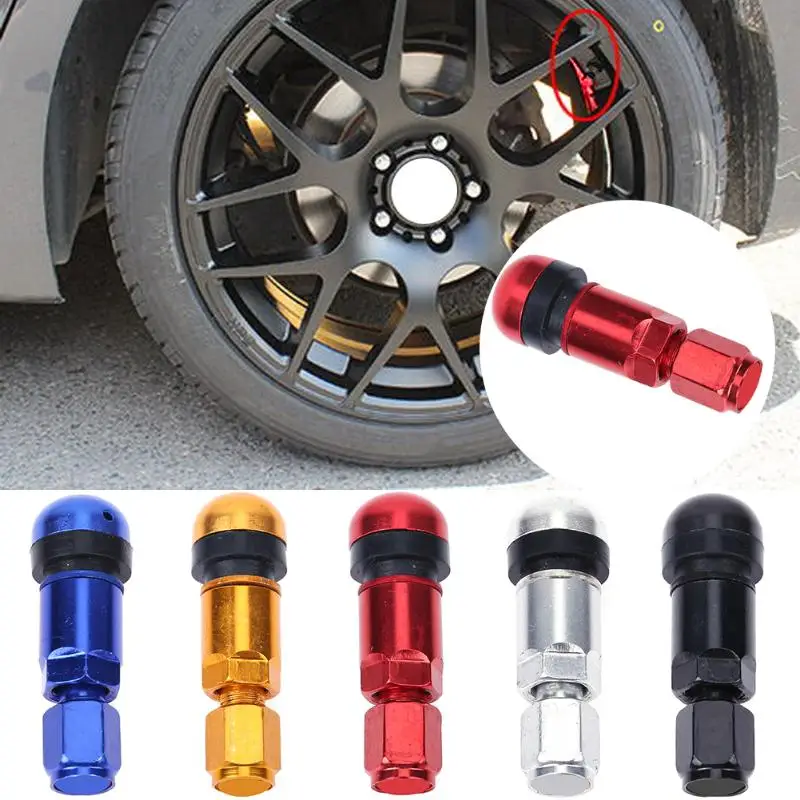
You can verify this by lightly lubricating the mouth of the spool with soapy water. If the cause of the air leak is in the nipple, you will see it by the bubbles appearing on the surface. However, do not rush to immediately change it - first check whether the cap is screwed on well. It happens that it was simply not screwed up, in which case it is enough to tighten the cover more tightly with a special key. nine0003
How to tighten the spool in the wheel
Note: In a tubeless tire, air leakage can be associated with a loose fit between the fitting and the metal surface of the disc at the point of contact. Most often this happens in winter, when the metal narrows from a low temperature. Therefore, northerners often put cameras on a tubeless tire in winter, especially when there is a long road ahead.
If the car has a flat tire, the car owner usually goes to the tire shop. They quickly determine the cause and professionally eliminate it.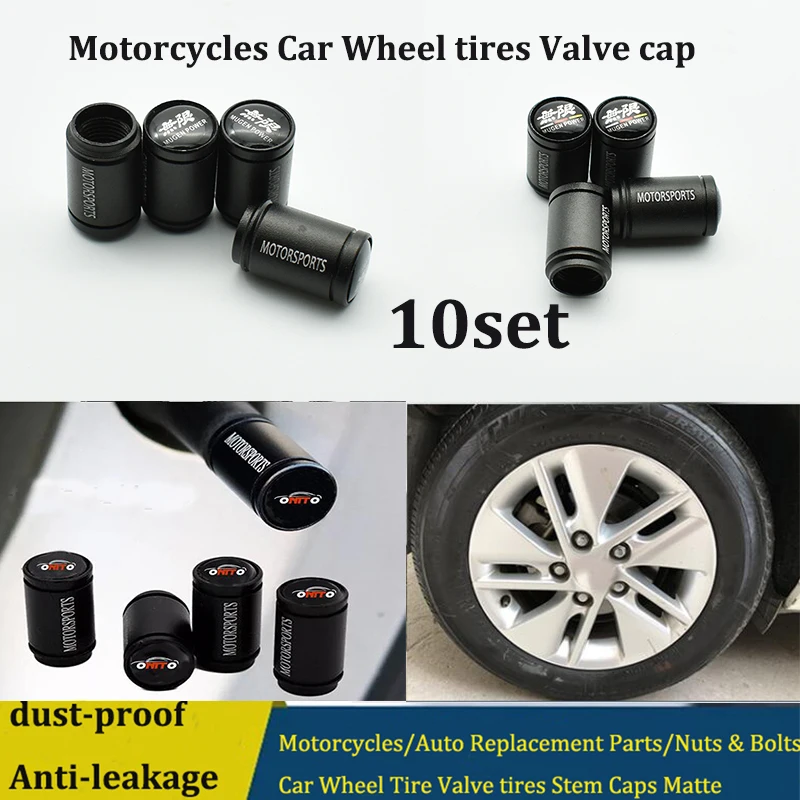 But it happens that this happened on the road, or in the garage after a long parking of the car, and you don’t want to go to the workshop on a flat tire so as not to spoil the tire. In this case, you can change the car spool yourself, because everything you need is usually in the trunk of every car, not to mention the garage. nine0003
But it happens that this happened on the road, or in the garage after a long parking of the car, and you don’t want to go to the workshop on a flat tire so as not to spoil the tire. In this case, you can change the car spool yourself, because everything you need is usually in the trunk of every car, not to mention the garage. nine0003
These are the simplest tools:
The machine is jacked up to make it easier to remove the wheel. Nuts or bolts are unscrewed with a balloon wrench, the removed wheel is placed on the floor or a workbench. Before unscrewing the spool, the cap is removed from the valve. It will also serve as a key for unscrewing the nipple.
How to unscrew the spool on the wheel
After removing the cap, press the spool valve with a screwdriver to bleed the remaining air in the tire. You can also do this with a manometer. Then the wheel must be carefully disassembled, trying not to damage either the rubber or the disk with the mount.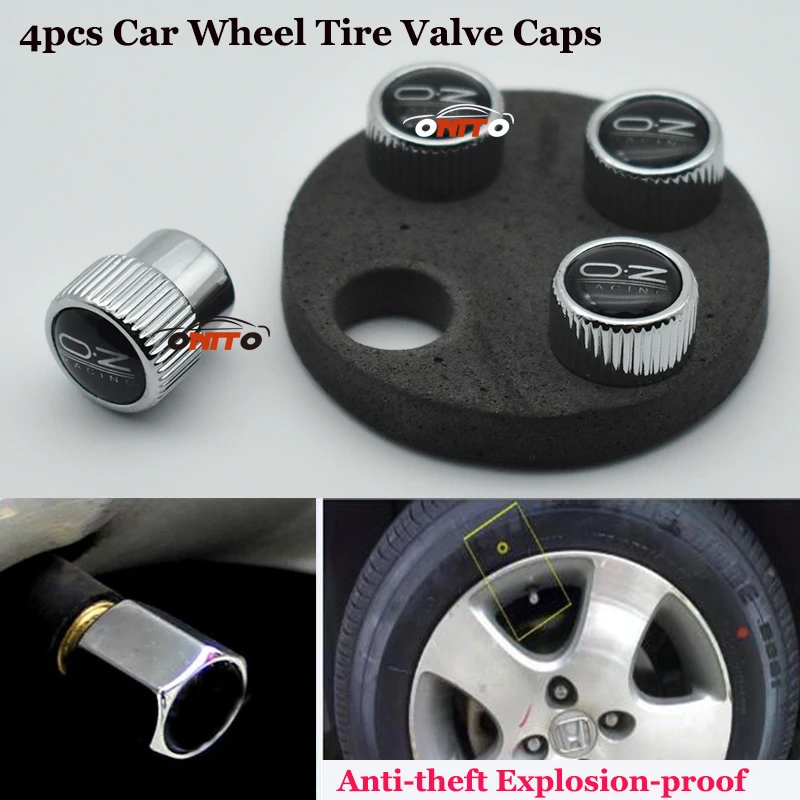 To pull a damaged valve out of the hole, use pliers. nine0003
To pull a damaged valve out of the hole, use pliers. nine0003
New car wheel valve must be treated with WD-40 before installation. It is inserted into the disk from the inside, pulling it up with pliers. It remains to just as carefully put the tire on the disc and, having pumped it up to the desired pressure, put the wheel on the car.
It cannot be said that such work is simple - to do it on your own, and even on the road, the driver can only be forced by the lack of a spare tire. In a garage, it is easier to overboard a wheel, but for an inexperienced person it will take a lot of time. nine0003
A very important part of a nipple or valve is the cap. It is he who fixes the air valve in the desired position and closes the channel from dirt. As already noted, the cover that closes the spool for a car wheel can be used as a special key to unscrew the spool if it is screwed very tightly and the pump cannot push through the valve.
valve for a car wheel how to unscrew the valve valve valve for a wheel valve valve is in the car valve valves for wheels valve valve on a wheel valve valve for a car car valve valve for a car wheel valve valve for a wheel what is a valve valve on a wheel than to screw the valve valve in a wheel valve valve for tubeless tires how to unscrew spool on wheel
Adblock
detector
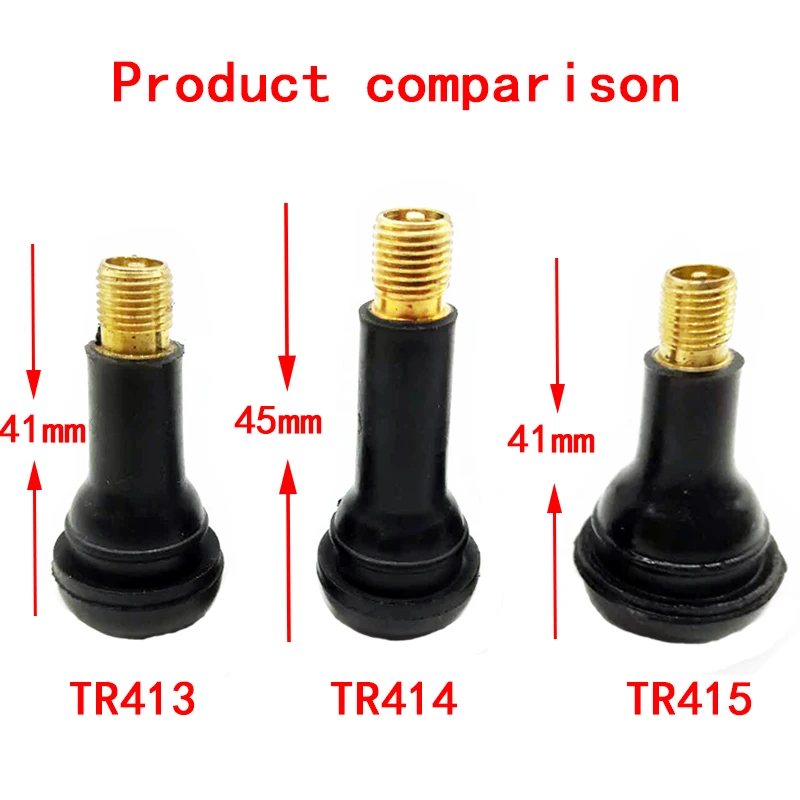 And in vain! — Magazine Behind the wheel
And in vain! — Magazine Behind the wheel A poor-quality valve can instantly leave a tire without air. How to choose the right one and how to replace it - Za Rulem experts figured it out.
Related materials
"Spikes" for crossovers: the choice "Behind the wheel"
The topic for research was proposed by a reader, a Zarulevite with 40 years of experience. Before a long trip, he accidentally saw deep cracks on the wheel valves. When trying to move one of them, the tire expired, although its age was not prohibitive. nine0003
After studying the issue, we found out that most of the valves sold are not eternal at all. And a special meanness lies in the fact that almost always this most important detail is chosen not by car owners, but by tire fitters.
Tool for CIP valve replacement.
Tool for CIP valve replacement.
Related content
Studs no longer have advantages - all questions about winter tires Pierced tire: 6 solutions (without removing the wheel)How to change the valve without removing the tire - an easy way
We meticulously study and select tires and wheels, but we consider tiny penny valves to be eternal and trouble-free.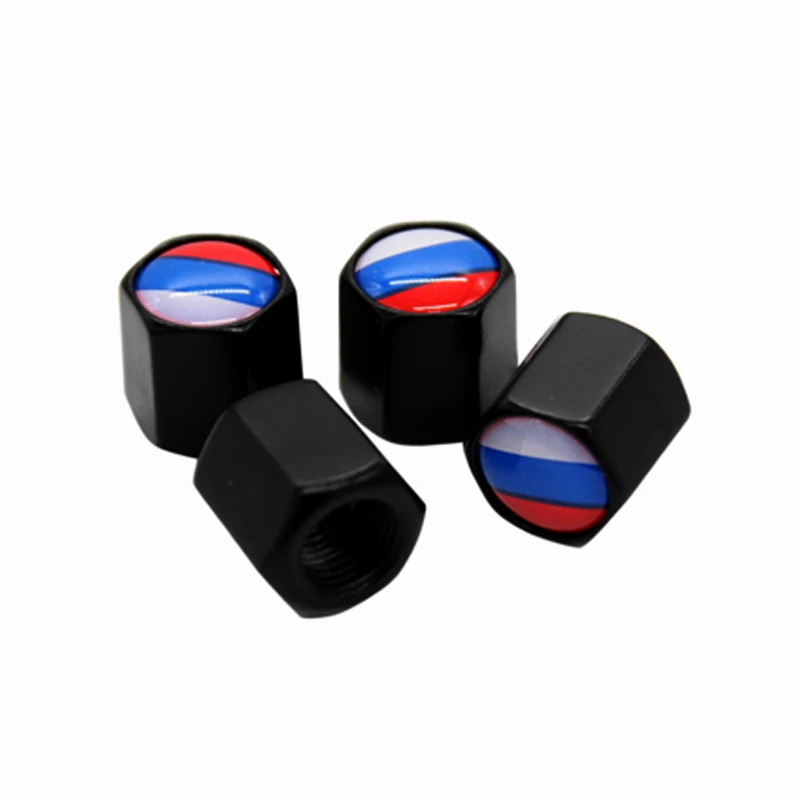 For normal products that automakers initially install, this is the case. But when, for example, you are preparing a winter set of wheels - is it really possible to choose a normal valve yourself? Let's try. Note that we are talking about parts with a rubber case. Products with pressure sensors, as well as metal valves for motorcycles and high-speed cars are a topic for a separate discussion. nine0003
For normal products that automakers initially install, this is the case. But when, for example, you are preparing a winter set of wheels - is it really possible to choose a normal valve yourself? Let's try. Note that we are talking about parts with a rubber case. Products with pressure sensors, as well as metal valves for motorcycles and high-speed cars are a topic for a separate discussion. nine0003
A conventional valve consists of a rubber body, inside of which there is a metal sleeve with an internal thread for screwing in the spool and an external thread for screwing in a plastic or metal cap. They can be designated by several standards - for example, TR or ETRTO. On a branded product, its type and date of manufacture may be indicated, but you can not bother with this. It is more important to remember that valves vary in length and in the size of the hole in the wheel. The deeper it is relative to the outside of the rim, the longer the body should be.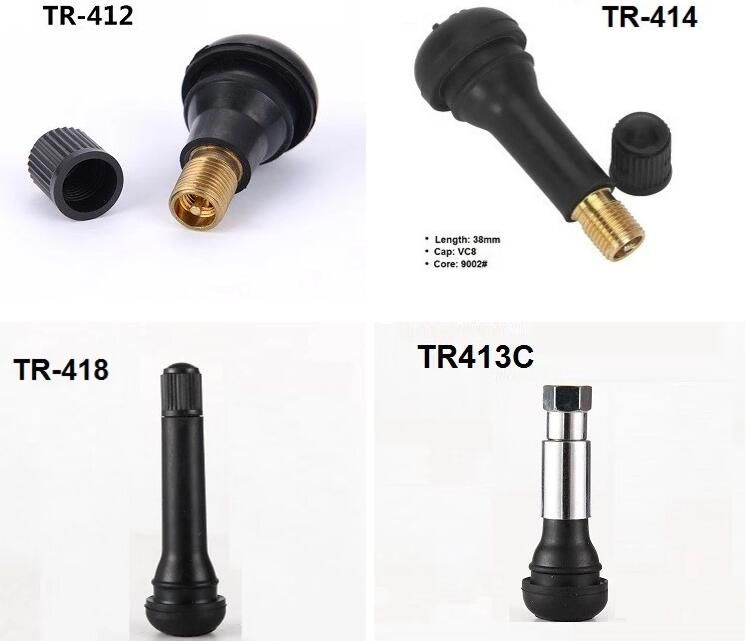 However, if possible! - it is advisable to install the valve shorter: this reduces the likelihood of tearing it off in mud or snow, and also reduces the imbalance of the wheel assembly. nine0003
However, if possible! - it is advisable to install the valve shorter: this reduces the likelihood of tearing it off in mud or snow, and also reduces the imbalance of the wheel assembly. nine0003
The valve for Niva differs in its dimensions.
The valve for Niva differs in its dimensions.
Today, most valves are sold with chrome-look embellishments. Plastic is preferable to metal - it is lighter and does not corrode.
Today, most valves are sold with chrome-look embellishments. Plastic is preferable to metal - it is lighter and does not corrode.
Related materials
The best way to save your nerves and money is to subscribe to your favorite magazine nine0003
The rubber used is not oil and petrol resistant, therefore only soapy water can be used during installation. The insert into which the spool is screwed is made of brass or zinc alloy.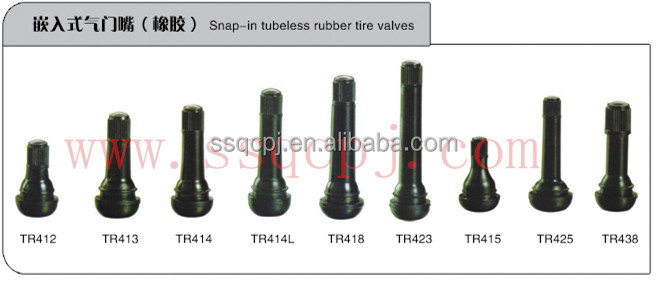 At first glance, they look the same, having a yellowish tint: initially light zinc is masked under brass with an appropriate coating. The corrosion resistance of zinc alloy is lower, so brass is preferred. The internal thread for the spool is applied by cutting, but the external thread is cast. A very unfortunate solution: due to the “weakness” of the thread, the tips of many compressors and pumps do not stick to it. Therefore, try to use brass products. nine0003
At first glance, they look the same, having a yellowish tint: initially light zinc is masked under brass with an appropriate coating. The corrosion resistance of zinc alloy is lower, so brass is preferred. The internal thread for the spool is applied by cutting, but the external thread is cast. A very unfortunate solution: due to the “weakness” of the thread, the tips of many compressors and pumps do not stick to it. Therefore, try to use brass products. nine0003
A machined thread (left) is distinguished from a cast thread (right) by the presence of a groove under the threaded part.
A machined thread (left) is distinguished from a cast thread (right) by the presence of a groove under the threaded part.
Caps can be metal or plastic. The metal ones are prettier, but sometimes, by the middle of winter, corrosion from road reagents seizes them so much that when you try to unscrew these caps, the insert in the valve collapses.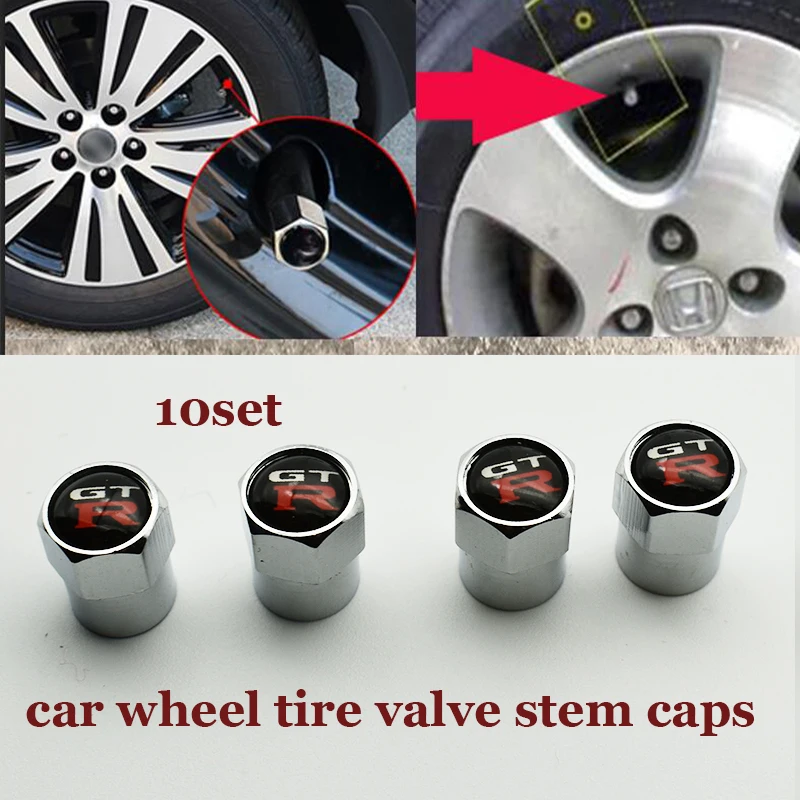 In addition, shiny parts are more likely to be stolen. Plastic caps do not shine with beauty, but they do not freeze. nine0003
In addition, shiny parts are more likely to be stolen. Plastic caps do not shine with beauty, but they do not freeze. nine0003
Caps vary, but plastic caps are preferred.
Caps vary, but plastic caps are preferred.
If short valves fit your wheels, then it is better to take them. At the same time, do not miss the landing diameter: for example, valves for Niva steel disks are larger in diameter than for other VAZs. To distinguish a brass case from a zinc case, the latter must be scratched with something hard: the coating will quickly fall off the zinc, revealing a light alloy. nine0003
Any hard tool will help to distinguish brass from zinc: something whitish is hidden under the outer yellowish layer.
Any hard tool will help to distinguish brass from zinc: something whitish is hidden under the outer yellowish layer.
Unexpected valve failure is almost impossible to predict. However, jokes with them are bad: a torn off "nipple", unlike a punctured wheel, will release air almost instantly. It remains to look at them more often, and at the first cracks go to a tire fitting. It would be nice to get a couple of normal branded valves in advance: the tire changer doesn’t care what parts to install, he looks at the price. nine0003
Removing the spool requires either a special tool or a cap with horns.
Removing the spool requires either a special tool or a horned cap.
If the valve "poisons" air over the spool (this is usually checked by applying a little saliva to the hole), then you can try to tighten the spool with a metal cap "with horns". It is worse if the valve was torn off in a rut, ill-wishers cut it off, or it began to let air through the body. You can replace the valve on your own by depressing the sidewall of the tire and throwing the bead ring over the disc hump. Next, you need to cut off the old valve and insert a new one. The work is hard, but with a certain skill it is doable. And on sale there is a device for in-place replacement of the valve. nine0003
Next, you need to cut off the old valve and insert a new one. The work is hard, but with a certain skill it is doable. And on sale there is a device for in-place replacement of the valve. nine0003
This is how you have to disassemble a tire at home.
This is how you have to disassemble the tire at home.
Divorce at the tire shop For impressionable car owners, tire changers recommend changing the valves every time they change tires. Total - twice a year. Moreover, a high-quality valve should serve no less than tires, that is, five or even ten years. |